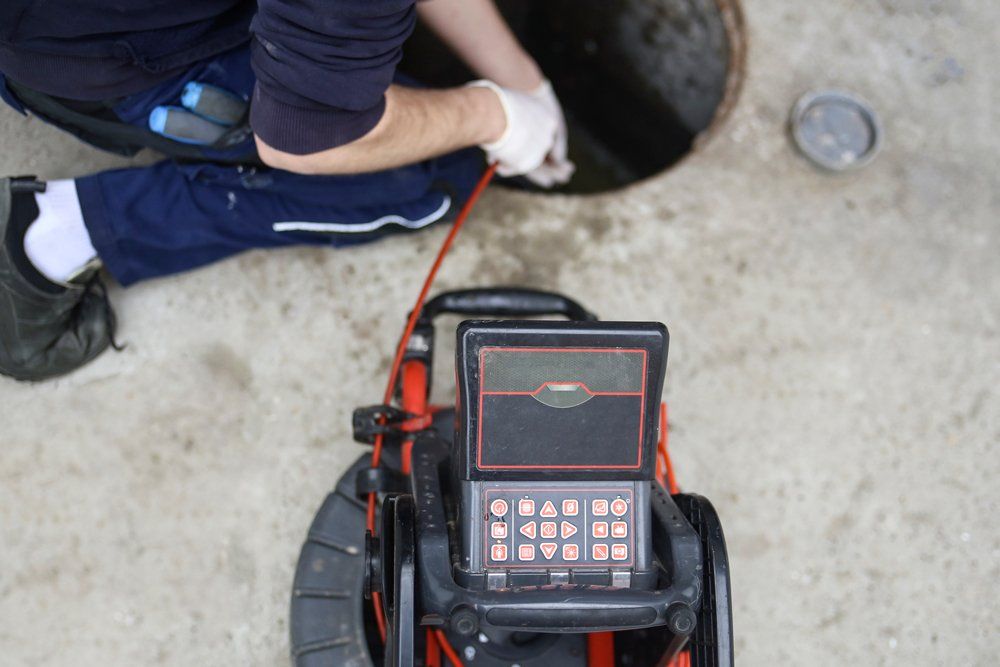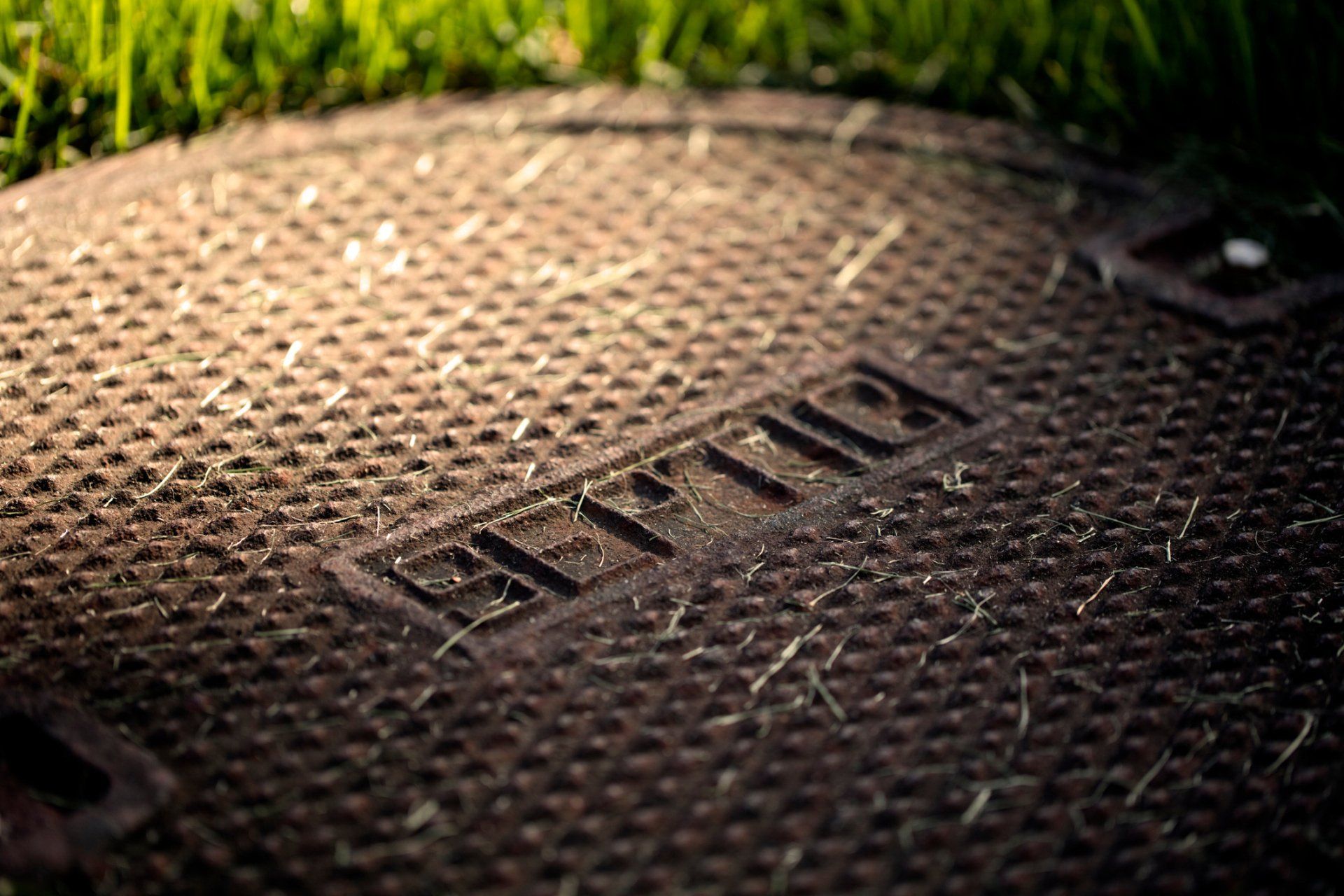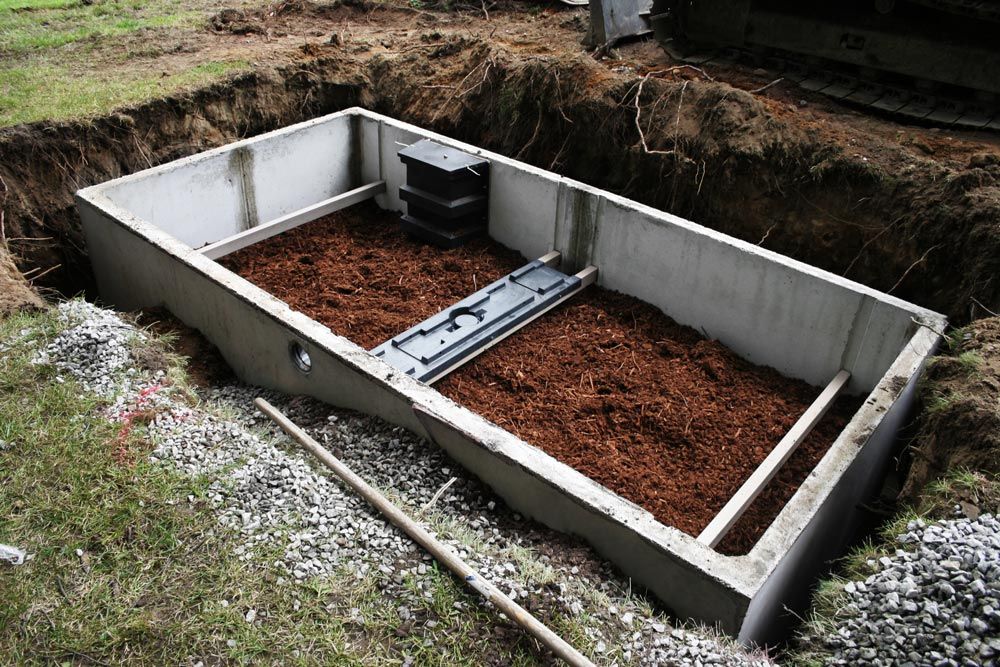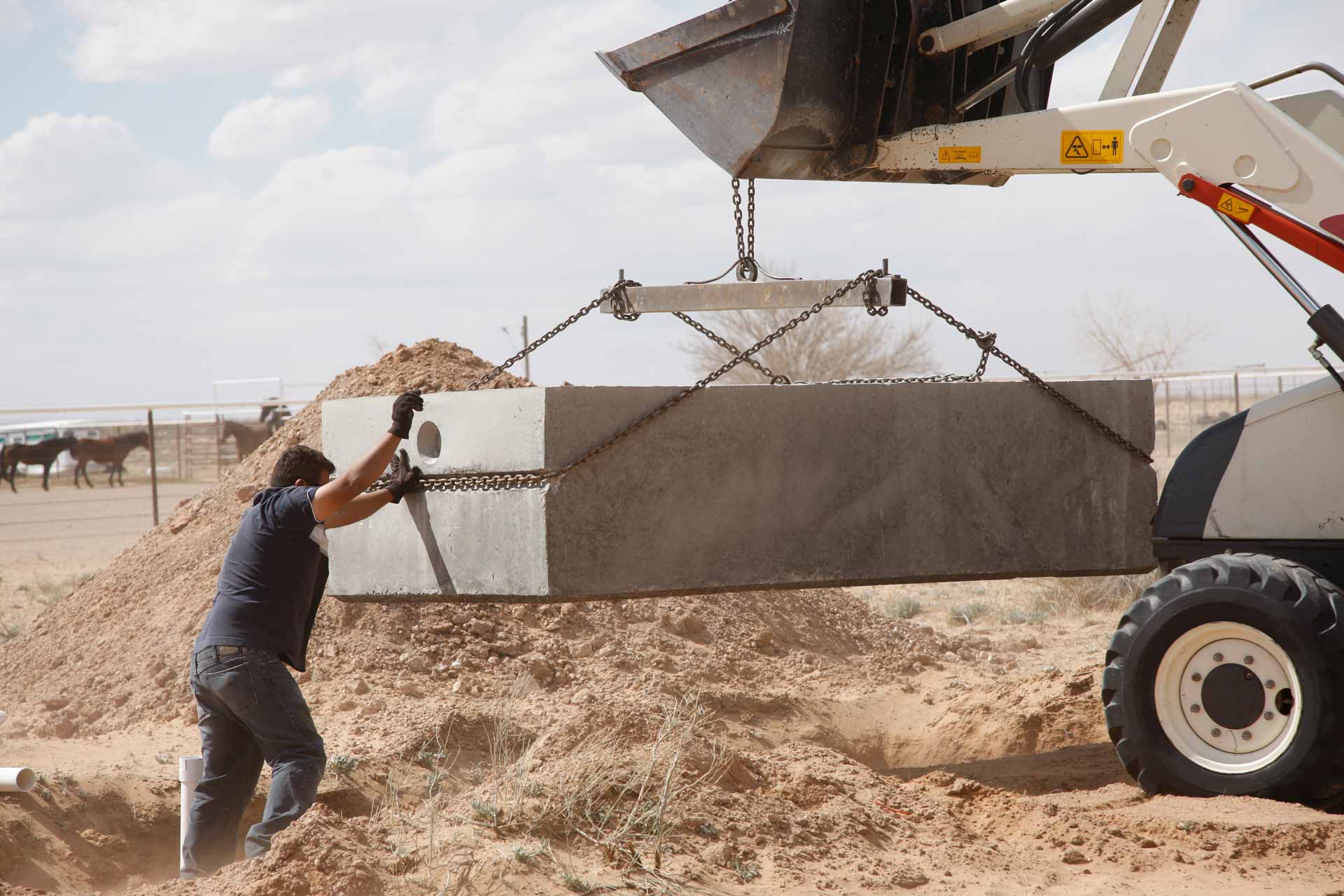Effective Septic Tank Maintenance Tips for Residential Apartments
- By Admin
- •
- 28 Apr, 2022
- •
Apartments often have more occupants than standalone homes; this predisposes the former's septic tanks to fill faster. Moreover, apartments host diverse tenants whose individual behaviors either promote or undermine the efficiency and longevity of septic tanks. For example, tenants who dispose of inappropriate waste in their drainage systems may clog the pipes, causing backups.
Landlords should proactively maintain their septic tanks for health, safety, and compliance reasons. Remember, septic tank issues such as frequent backups may affect your tenant turnover rates, undermining your rent income. This blog discusses essential maintenance tips that every landlord ought to observe.
Schedule Regular Inspections
Landlords should schedule regular inspections to monitor their septic tanks' condition. Septic services assess the condition of the tank and drainage pipes, ascertaining they are in good condition. A comprehensive assessment begins with a visual inspection where the technicians check the physical condition of the septic tank and recommend repairs where necessary.
For example, the technicians may inspect your lawn to look for green spots that often indicate leaking drainage pipes. They may also assess the apartment's basement for water damage. The visual inspection may guide the technician's decision on which technical tests to conduct.
In contrast, technical inspections assess a septic tank's efficiency and performance. For example, the technicians may conduct a dye test to assess drainage efficiency. The test involves pouring dye into a sink, running water to drain it, and checking the septic tank for the dye. The technicians may use different-color dyes for each apartment unit or floor level to ascertain drainage efficiency.
Septic tank services also train landlords on essential DIY inspections. For example, landlords may learn to check septic filters for clogs. They may then call septic tank services to clean or replace the clogged filters.
Moreover, technicians may educate landlords on visually inspecting the septic tanks and surrounding areas to identify signs of potential leaks. Such education is essential as it increases landlords' awareness, reducing the chances of clogged systems.
Liaise With Tenants to Report Drainage Issues Timely
Tenants often notice drainage issues before the landlord; they may notice changes in drainage efficiency over time. Landlords should encourage their tenants to report any drainage issues for timely repairs and maintenance. You do not want to wait until the whole apartment's drainage system is clogged to take action. Allowing the drainage system to deteriorate may cost you significant amounts in repairs and prompt some tenants to vacate.
Landlords may educate their tenants to increase their awareness about septic tanks and their maintenance. For example, landlords may dissuade tenants against flashing down solid objects in the toilets. Waste such as containers or soil may clog the system, causing slow drainage or backups.
Schedule Regular Septic Tank System Pumping
Septic tank pumping boosts drainage efficiency significantly; pumping restores the tank's holding capacity. Landlords should monitor their septic tanks to schedule pumping services per recommendations. You do not want to wait until the septic tank is overflowing to schedule emergency pumping.
Remember, overlooking septic tank pumping predisposes your property to safety and non-compliance issues. For example, overfilled tanks may cause toilet backups, leading to disease outbreaks in your apartment. Such issues often have ripple effects and could progress to lawsuits.
Overfilled tanks may also cause undue pressure on your drainage pipes, causing bursts. Pipe leaks predispose your building to water damage, often necessitating costly repair and restoration services. Moreover, you may have to compensate your tenants for any losses they incur because of the water damage.
Consult Experts
Landlords should take essential measures to ensure their septic tanks operate optimally. Otherwise, they risk incurring huge losses in the long term. Interested landlords may contact Pete's Outflow Technicians to schedule timely inspections or pumping services. Get in touch today.









